
The situation of Adolescent pregnancy has had serious negative implications on the girl-child and the nation as a whole. It has shattered dreams of many intelligent girl-child, with dare consequences to the socio-economic growth of the country.
 In his speech, the Director General of Ghana Health Service, Dr. Anthony Nsiah-Asare said, there are many reasons for the growing attention to the health of adolescents in Ghana.
In his speech, the Director General of Ghana Health Service, Dr. Anthony Nsiah-Asare said, there are many reasons for the growing attention to the health of adolescents in Ghana.
First is a group that comprises a significant proportion of the country’s population. Secondly, as this cohort joins the workforce, the foundations on their social, political and economic development. Thirdly, healthy adolescents are key assets and resources with great potentials to contribute to their families, the community and the natoin both at present and in the future as actors of social change and not just simply beneficiaries of social programs.
Dr. Nsiah-Asare at this point disclosed that, Ghana Health Service has deveand launched a revised five year National Adolescent Health Service Policy and Strategy which is currently being disseminated across the country.
Saying, the aim of the service policy and the strategy is to provide the framework within which health service provision and other health related interventions for adolescents and Young people would be coordinated and implemented to ensure efficient use of resources towards achieving the overall health sector goals for them.
Adding, he said this document would be the reference source when planning for the health of the adolescent and young people in the country for the next five years (2016-2020).
He said, Government through GHS and its partners have committed to providing access to sexual and reproductive health information and services for all adolescents and young people through the establishment of adolescent-friendly health corners in public health facilities and communities, managed by trained health service providers.
And also, adolescent health outreach programs and the implementation of social and behavioral change communication projects targeting young people and the society as a whole.
He at this point, took the opportunity to express the GHS’s profound gratitude to the UK Government for supporting the adolescent health and development program through the Palladium Group to implement the Ghana Adolescent Reproductive Health Project.
Thus under this project, the number of Adolescent Health Corners in Public Health Facilities has increased from 290 to 742 across the country in two years. Adding that, more than 300,000 young people have benefited from this service.
On his part, the Ashanti Regional Minister, Hon. Simon Osei Mensah disclosed that, the Ashanti Region is the most populous region in Ghana with over 5 million inhabitants. Where Adolescents form about 21.8% of the population and with very receptive atmosphere.
“The Region’s central location makes it an important transport and commercial hub for both domestic and international trade and traffic. The convergence of trades and drivers in the region on daily basis pose serious sexual and reproductive health challenges particularly incidence of sexually transmitted infections and unattended pregnancies, among young people”, he said.
Hon. Osei Mensah continued that, ” in recent years, many countries, both developed and developing countries have engaged in the process of controlling adolescent pregnancies”.
Therefore, the launching of this programme is a clear strategy to provide broader directions to promote, present and manage the health and development of Ghanaian adolescents.
Saying, good health does not only bring wealth but, also a progressive development of a country since every nation requires healthy people for its development. It is against this background that he considers the theme for this years launch “Preventing Adolescent Pregnancy, a Shared Responsibility” very timely and appropriate.
He said, Preventing Teenage Pregnancy is a collective shared responsibility for all responsible adults including health worker, parents, teachers, traditional authorities and the extended family members. Thus, there is a higher risk for babies born from teenage mothers and such mothers also encounter complications.
He theothers, urged all stakeholders to bring on board whatever ideas they have, to prevent adolescent pregnancy in the region.
On behalf of the Regional Co-ordinating council and the people of Ashanti Region, he declared their unflinching support to the successful implementation of the GHARH Project as they seek to promote healthy sexual livestyles and prevent unintended pregnancies among adolescents and young people in the region.
Present at the program was also Her Excellency Mrs. Samira Bawumia, the Second Lady of our dear nation, Nana Boakye Yam Ababio II, chief of Nkwantakese, the Ashanti Regional Director of education, Mrs Mary Owusu Achiaw and many others.
Some of the development partners of the program are, WHO, UNFPA, UNICEF, UKaid/DFID and Palladium group.
Source: Sammy Adjei / Newsghana.com.gh
Read Full Story
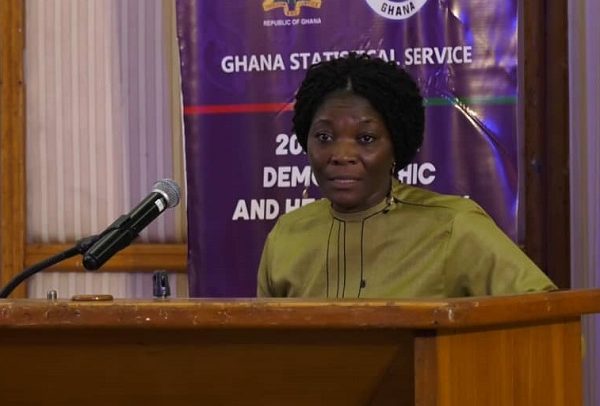
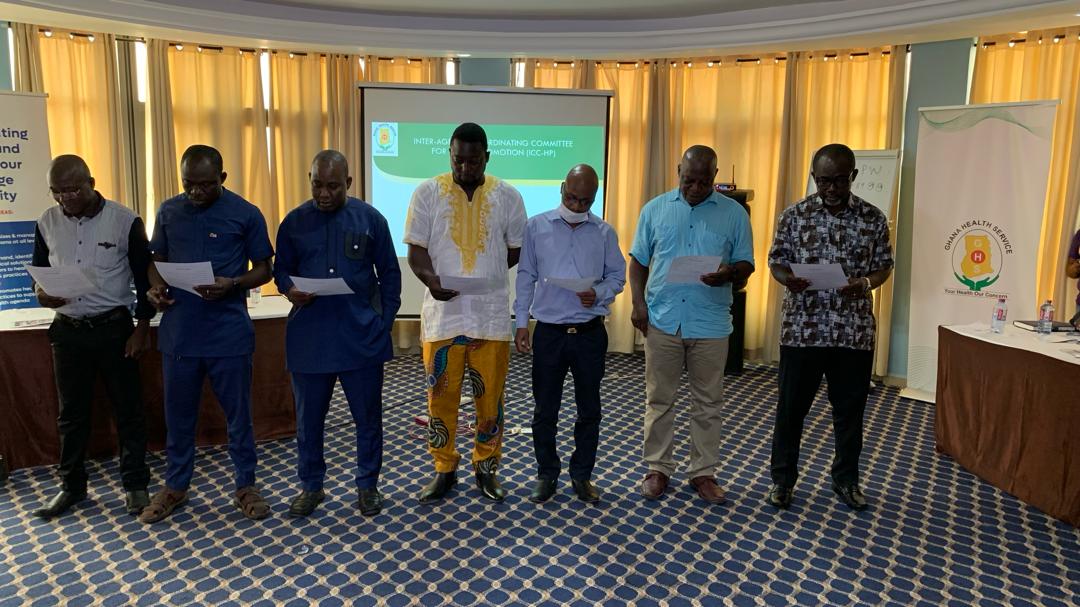

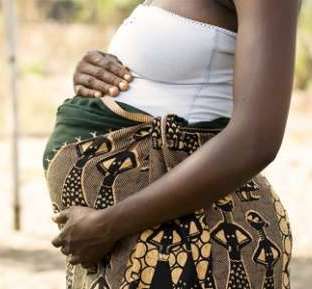


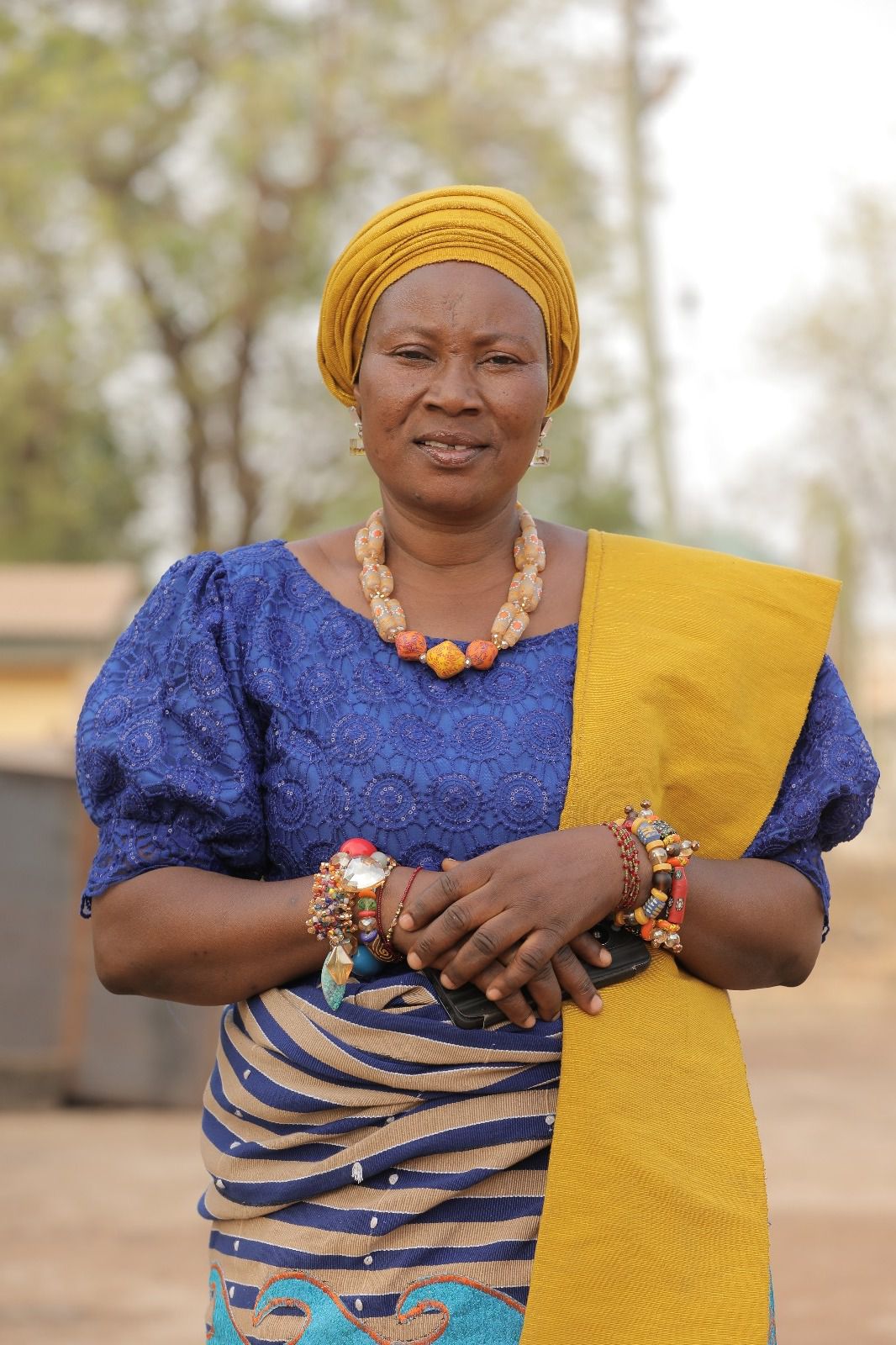





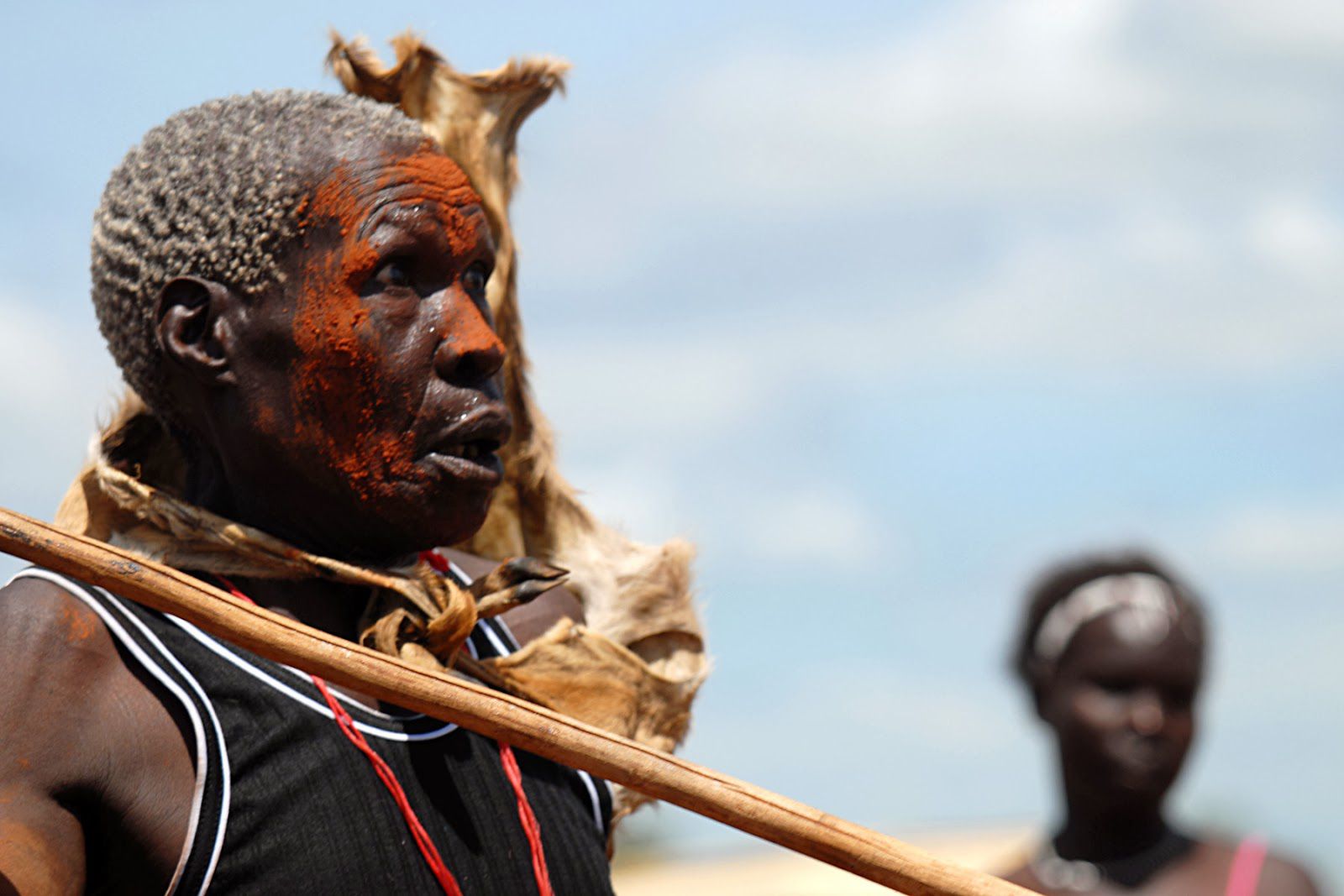

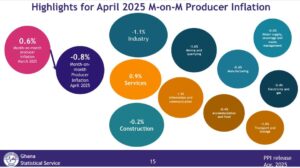

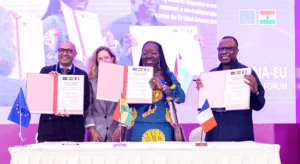

Facebook
Twitter
Pinterest
Instagram
Google+
YouTube
LinkedIn
RSS